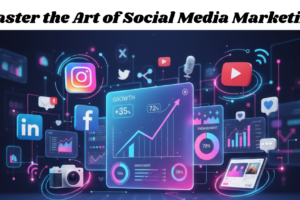
Diploma in Digital Marketing
- Posted by JBCI
- Categories Digital/Online Marketing
Course Overview:
This comprehensive curriculum provides the necessary foundation for mastering digital marketing. Through a combination of theory, practical applications, and hands-on projects, students will gain the skills needed to build, execute, and measure digital marketing strategies across multiple channels.
Module 1: Introduction to Digital Marketing
- What is Digital Marketing?
- Definition and importance in today’s business world.
- Traditional vs. Digital marketing.
- Key digital marketing channels and their roles.
- The Digital Marketing Funnel
- Awareness, Consideration, and Decision stages.
- Conversions and customer loyalty.
- Setting SMART Goals for Digital Marketing
- Specific, Measurable, Achievable, Relevant, Time-bound goals.
Module 2: Digital Marketing Strategies and Trends
- Creating a Digital Marketing Strategy
- Setting goals, defining target audience, and budgeting.
- Integrating different marketing channels.
- Emerging Trends in Digital Marketing
- AI in digital marketing.
- Voice search optimization and visual search.
- The rise of video content, AR, and VR in marketing.
- Chatbots and automation
Module 3: Website Optimization
- Building a Website for Digital Marketing
- Importance of a responsive website.
- Tools and platforms for website creation.
- Website Usability & User Experience (UX)
- Navigation, design, and functionality best practices.
- Mobile-friendly websites.
- Conversion Rate Optimization (CRO)
- Analyzing website performance.
- A/B Testing and tools to improve conversions.
Module 4: Search Engine Optimization (SEO)
- Introduction to SEO
- What is SEO and how it works.
- Importance of SEO in digital marketing.
- On-Page SEO
- Keyword research, meta tags, and content optimization.
- URL structures and internal linking.
- Off-Page SEO
- Backlink building and its significance.
- Social signals and guest blogging.
- Technical SEO
- Site speed, mobile optimization, and indexability.
- Using tools like Google Search Console and SEO auditing tools.
Module 5: Content Marketing
- Content Marketing Basics
- Importance of quality content.
- Types of content: Blogs, videos, infographics, case studies, etc.
- Content Strategy
- Audience research and content planning.
- Creating an editorial calendar.
- Content Distribution
- Owned, earned, and paid media channels.
- Leveraging social media, email, and other platforms.
Module 6: Social Media Marketing
- Social Media Platforms Overview
- Facebook, Instagram, Twitter, LinkedIn, Pinterest, TikTok, YouTube.
- Best platforms for B2B vs B2C marketing.
- Creating a Social Media Strategy
- Identifying goals and KPIs for social media.
- Content planning and scheduling.
- Social Media Advertising
- Facebook Ads, Instagram Ads, LinkedIn Ads, and Twitter Ads.
- Targeting options and ad formats.
- Social Media Analytics
- Key metrics to track: Engagement rate, reach, clicks, and conversions.
Module 7: Paid Search Marketing (PPC)
- Introduction to Pay-Per-Click Advertising
- What is PPC? How does it work?
- Google Ads and Bing Ads.
- Setting Up Google Ads Campaigns
- Campaign types: Search, Display, Shopping, and Video Ads.
- Keyword bidding and match types.
- Google Ads Metrics and Optimization
- Click-Through Rate (CTR), Cost-Per-Click (CPC), Quality Score.
- Optimizing campaigns based on performance data.
Module 8: Email Marketing
- Building an Email List
- Methods for collecting emails: Opt-ins, lead magnets, etc.
- Email segmentation and personalization.
- Creating Effective Email Campaigns
- Writing compelling subject lines and copy.
- Design and layout best practices for email.
- Email Automation
- Setting up drip campaigns and auto-responders.
- Email marketing tools: Mailchimp, Constant Contact, etc.
- Email Analytics
- Open rates, click-through rates, and conversion tracking.
Module 9: Affiliate Marketing
- Introduction to Affiliate Marketing
- What is affiliate marketing and how it works.
- Types of affiliate programs: CPA, CPS, CPL.
- Setting Up an Affiliate Program
- Choosing the right affiliate networks.
- Tracking and managing affiliates.
- Promoting Products through Affiliates
- Creating offers and banners.
- Commission structures and incentive programs.
Module 10: Influencer Marketing
- What is Influencer Marketing?
- The rise of influencers in digital marketing.
- Identifying the right influencers for your brand.
- Building Influencer Partnerships
- Creating influencer campaigns.
- Micro vs. macro influencers.
- Measuring Influencer Campaign Effectiveness
- Tracking engagement, ROI, and performance metrics.
Module 11: Analytics and Reporting
- Introduction to Web Analytics
- Importance of data and analytics in digital marketing.
- Key performance indicators (KPIs) to track.
- Google Analytics
- Setting up Google Analytics for your website.
- Understanding traffic sources, user behavior, and conversion tracking.
- Other Analytics Tools
- Facebook Insights, Twitter Analytics, LinkedIn Analytics.
- Third-party analytics tools like SEMrush and HubSpot.
- Reporting & Data Interpretation
- Creating actionable reports and dashboards.
- Using data to refine strategies and improve performance.
Module 12: Advanced Digital Marketing Techniques
- Growth Hacking
- Techniques for rapid business growth.
- Case studies of growth hacking in successful companies.
- Retargeting and Remarketing
- How to run retargeting ads using Google and social platforms.
- Setting up a remarketing funnel.
- Local SEO and Geo-targeting
- Optimizing for local searches and Google My Business.
- Geo-fencing and location-based targeting.
Module 13: Final Project
- Digital Marketing Strategy Implementation
- Students create and present a digital marketing strategy for a hypothetical business.
- Strategy will include SEO, content marketing, social media, PPC, and email marketing components.
- Feedback and Analysis
- Peer reviews and instructor feedback.
- Final presentation and refinement of strategy.
At JBCI, we are passionate about empowering individuals with the knowledge and skills needed to thrive in today’s digital world. Established in 2021, we have been at the forefront of providing high-quality computer education and training to students of all ages and backgrounds.
You may also like

Social Media Marketing Course
24 December, 2024
